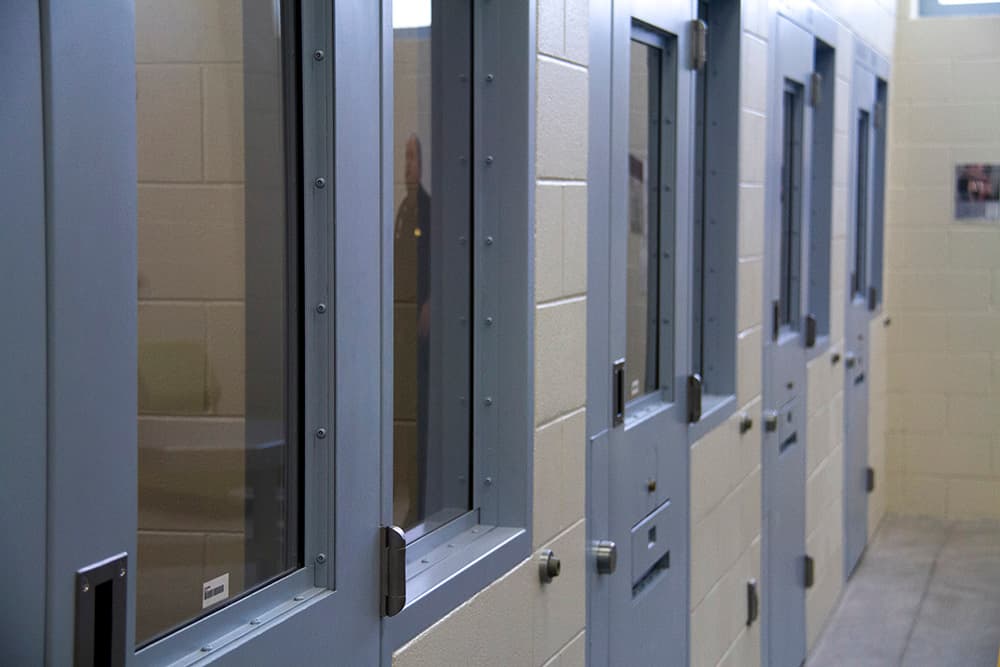The Adams County Sheriff's Office will pay $25,000 to a Muslim inmate and change its policies around access to religious materials and meals during the month of Ramadan.
The concessions are part of a settlement the department reached with Marquise Harris, a Muslim inmate who sued the department with the help of civil rights attorney David Lane.
While the events outlined in Harris' complaint took place in 2015, Lane said it's particularly important that Adams County is agreeing to policy changes under the current administration in Washington, D.C. which he described as hostile to Muslims.
"This has been a serious problem for years, but it's way more serious now that Donald Trump has given permission to people in authority to discriminate against Muslims," Lane said.
Lane is also representing Muslim inmates in the Sterling Correctional Facility who said a guard discharged pepper spray into a prayer room.
According to the 2015 complaint filed in U.S. District Court, Harris' own copy of the Quran was confiscated and stored with his other personal possessions when he entered the Adams County Detention Facility in June 2015. Harris was denied access to jail copies of the Quran during the holy month of Ramadan when Muslims fast from dawn to dusk and have additional obligations to read the Quran.
Harris was reportedly told he couldn't request items from jail programs until he was transferred to general population. There was then some back and forth during which jail officials said they had issued a Quran and would not issue another one because Harris supposedly already had one.
Except, he didn't. Harris ultimately didn't get his holy book until after Ramadan had ended, according to the complaint.
"Christian Bibles are all over the jail, and somehow no one ever got around to giving him his Quran," Lane said. "And I attribute that to anti-Islamic sentiment among some of the guards."
Harris' ability to properly perform his fast was also impeded, according to the complaint, because his morning meal was served after 5 a.m —too late in the morning.
Muslims traditionally begin their fast each day with eating a morning meal and saying a dawn prayer. The dawn prayer is traditionally not said after sunrise.
The settlement, which Lane announced Tuesday, calls for Adams County to change a number of procedures, including ensuring that inmates will always have access to religious materials and providing Muslim inmates a sack meal at night during Ramadan that they can then eat before dawn with enough time to also say the necessary prayers. The detention facility will also serve halal meals if it is "financially and logistically feasible" and allow Muslim inmates to gather for prayer if Muslim religious leaders come to the facility.












